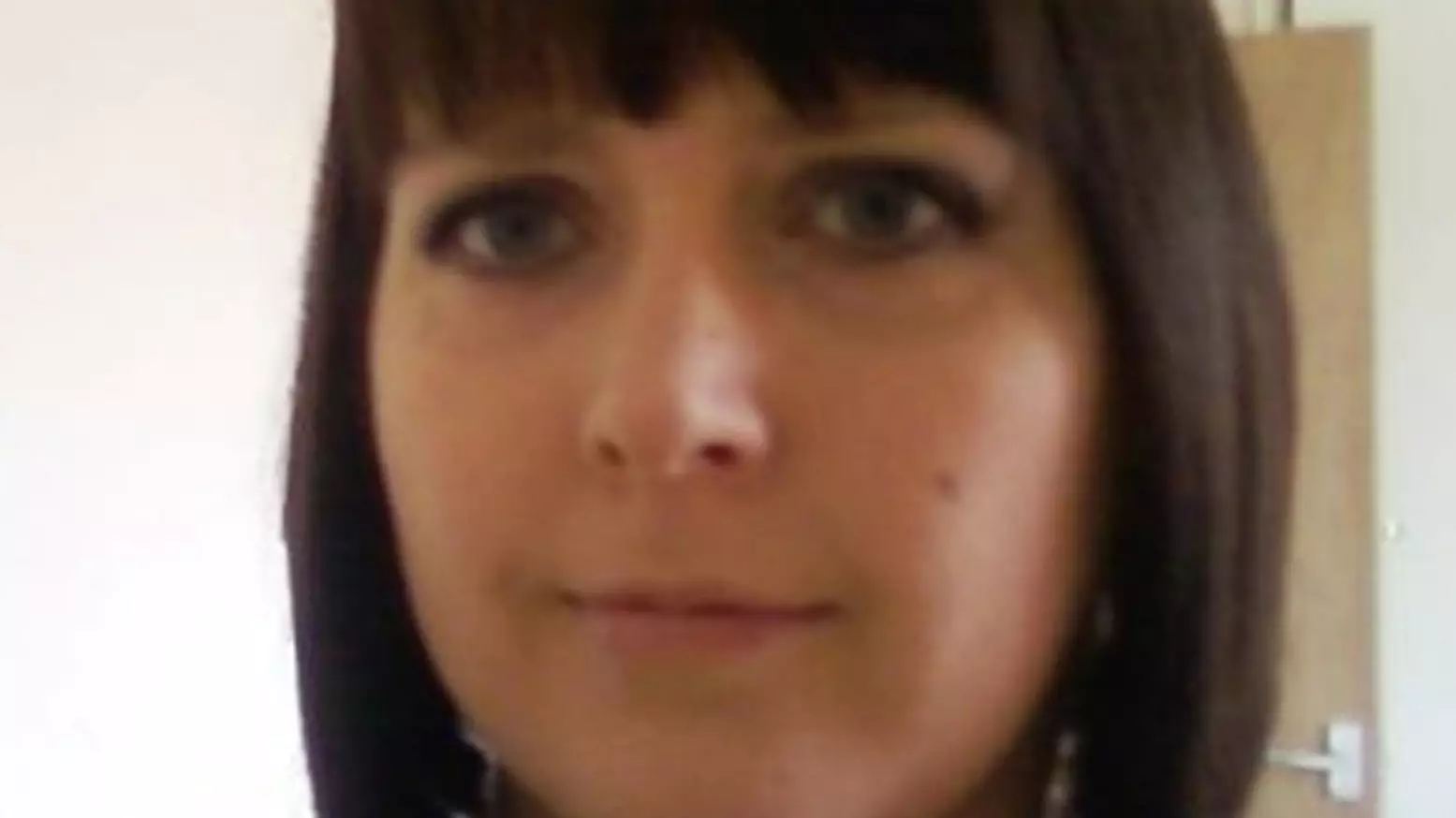
Shocking new Channel 5 documentary Stalked: Murder In Slow Motion tells the tragic stories of women stalked by their ex-partners before they were murdered.
The first episode centred on Molly McLaren, 23, who was stalked and killed by ex-boyfriend of seven months Joshua Stimpson in 2017. Stimpson had a history of stalking ex-girlfriends, although this only came to light at trial.

Next week's episode will look at the case of Hollie Gazzard, 20, killed in front of customers in her hair salon by abusive ex Asher Maslin in 2014.
Advert
Maslin had nine previous convictions, including one for harassment after sending text messages to another ex-girlfriend in 2011.

But sadly and horrifically, it's not just these women who have been killed at the hands of their partners. With stalking and domestic violence high on the agenda, it's important for all women to know about Clare's Law, which is a potentially lifesaving piece of legislation.
Clare's Law finally became legislature in the UK this year after being rolled out as police schemes in 2014, and gives women the right to ask police if their partner may pose a risk to them.
Advert
This UK law could potentially save women from domestic abuse before a relationship continues as police can tell them about their partner's criminal history. It's important to know that no matter how far you are into a relationship, you can still use this law.
Clare's Law, also known as the Domestic Violence Disclosure Scheme, was named after 36-year-old Clare Wood who was murdered in 2009 by her ex-boyfriend George Appleton, who had a record of violence against women.

Under the law, people can also find out if a close friend or family member's partner has a history of domestic abuse. Remember, domestic violence is both physical, verbal and emotional, and it is a criminal offence.
Advert
Once an application is made, authorities can carry out checks to find out if this person poses a risk in the relationship. Police will then consider sharing the information if any offences suggest a risk of violence of abuse.
This information will usually be disclosed to the person at risk, unless someone else would be better knowing to protect the person at risk.
There will be no way of a partner knowing if you have gone forward to find out their history, as the disclosures are always made in person and never in writing. No documents are given out either.
Here's how to make an application under Clare's Law:
Advert
- To make an application, you'll need to attend a police station in person where a police officer or member of police staff will take the details of what prompted your enquiry and talk you through the next steps.
- A safe means of contacting you will be established and police will carry out some initial checks to make sure there are no immediate concerns. If there are, or if you tell them a crime has taken place, they may act on them.
- You'll need to give your name, address and date of birth.
You can find out more about Clare's Law here.
If you or someone you know has been affected by domestic abuse, you can contact the police or the charities Refuge and Women's Aid. You can call the free, 24-hour national domestic violence helpline on 0808 2000 247.
Featured Image Credit: PA ImagesTopics: Life News, Real, domestic abuse